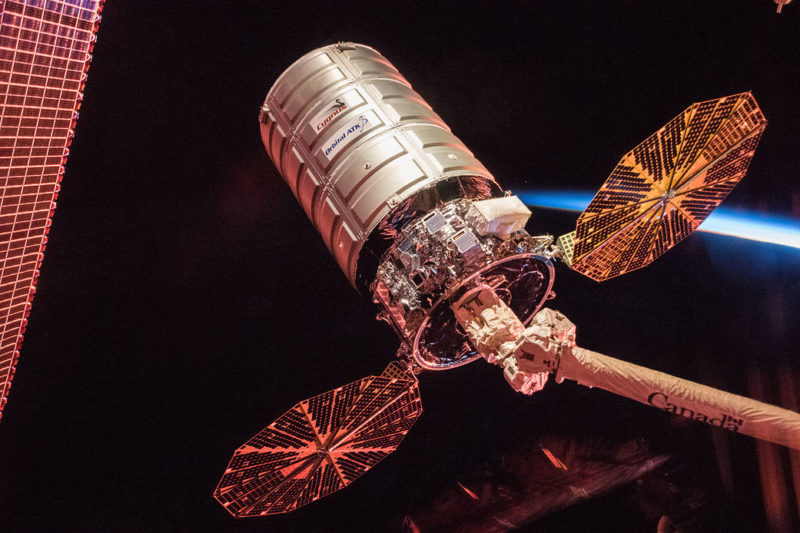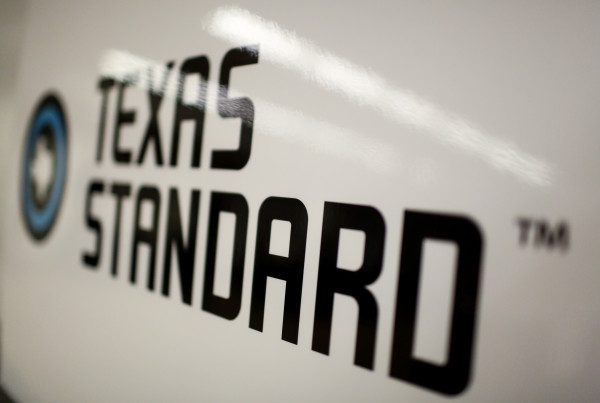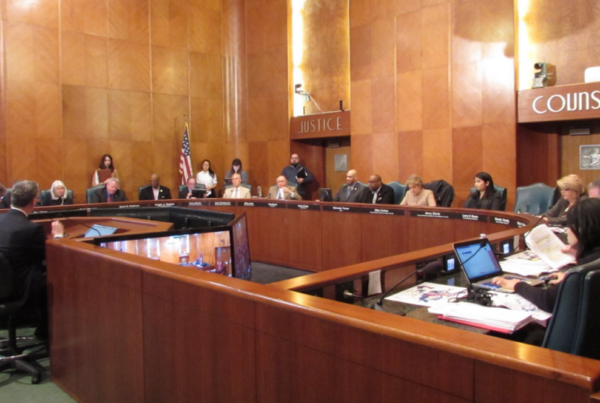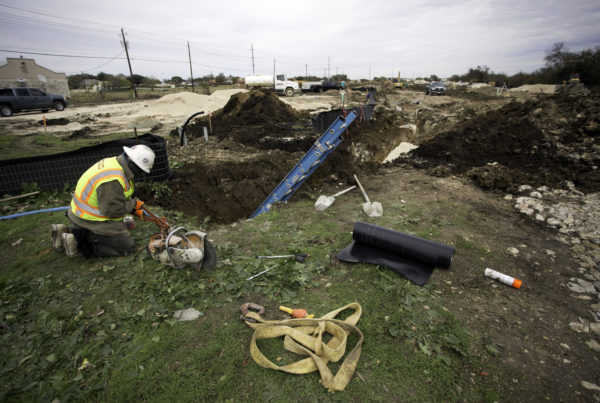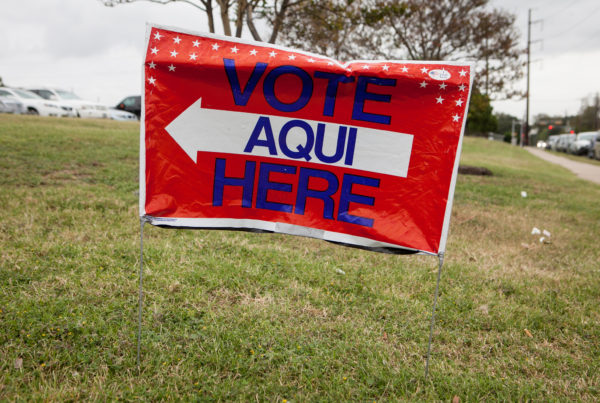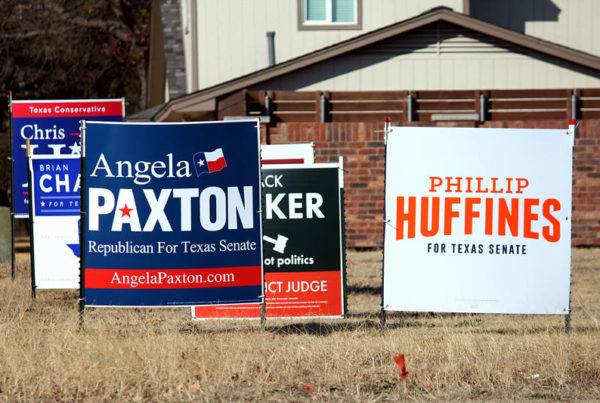Did you watch the big SpaceX rocket launch last week? It was pretty remarkable to see – a massive rocket lifting a payload of over 60 tons into space, and then gracefully touching down. Falcon Heavy got a lot of people thinking about the possibilities of commercial space flight. And that may include the Trump administration.
In the administration’s new budget proposal, Trump proposed privatizing the International Space Station by the year 2025.
Eric Niiler, a science and technology correspondent at Wired, says the budget proposal represents the first official administration policy statement on the subject of space station privatization. It has been discussed less formally in the past.
Though it is an American initiative, the International Space Station, or ISS, includes components and missions led by a number of other nations, Niiler says.
“There’s a big robot arm on the space station that lifts and grabs satellites,” Niiler says. “And that was put there by Canada. Russia now takes astronauts to the space station…because the United States doesn’t have the capability of getting there after the shuttle was retired.”
Niiler says industry is excited by the idea of privatizing the station.
“With a little bit of government help over the next five to seven years, they see something called the low-earth economy,” Niiler says. “with the space station as sort of a platform for them.”
Niiler says the decision to privatize give companies an opportunity to develop business plans for manufacturing, drug production, and even space tourism.
Opponents of the idea include Texas Sen. Ted Cruz, and Florida Sen. Bill Nelson. Both fear the loss of jobs in their states in the event the government gets out of the space station business.
Written by Shelly Brisbin.


